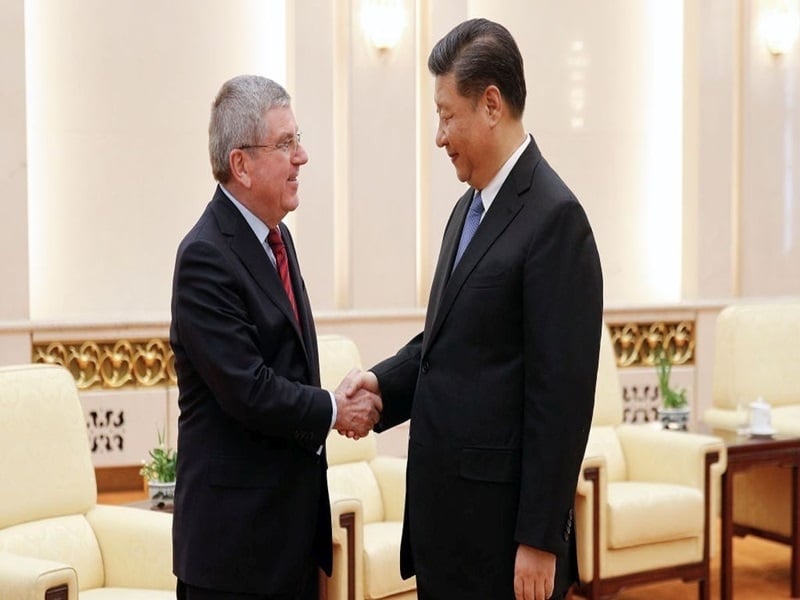
China receives high praise from the International Olympic Committee for its contributions to the development of the Olympic movement.
The plan, jointly released by the People’s Bank of China, the General Administration of Sport, the State Financial Regulatory Administration and the China Securities Regulatory Commission, calls for increased financial support for business models that integrate sports with culture, tourism and health care. This approach is intended to position sports as a dynamic contributor to the country’s growing economy.
The focus of this plan is to reach out and persuade provincial investment to increase support, especially in the development of sports infrastructure. By promoting spending on facilities for sports players and enthusiasts, encouraging inclusiveness, signaling the drive to boost the economy through the commercialization of live sports events.
Financial institutions are also encouraged to work more closely with event organizers, especially those hosting international competitions. The broad recommendations outline a range of structural support, from facilitating loans and providing insurance to supporting currency exchange operations. Support for corporate bond issuance for long-term, high-cost projects such as stadiums, sports parks and fitness trails is also part of the plan.
In addition to conventional financing, the plan also promotes the listing of sports-related companies on the stock exchange and increases spending through private capital channels. In addition, the plan states that the goal is to "optimize the role of the bond market, build a financing model through equity, strengthen insurance services, provide flexible leasing options, and support domestic companies to expand internationally."
The plan also points to the industry’s role in job creation, mentioning areas such as eSports and personal training, while noting how models that combine sports, tourism and cultural experiences have become key growth catalysts.
At the provincial level, Shandong in eastern China has emerged as a pioneer in implementing the national strategy, adding some 3,000 sports-related businesses to the list of companies eligible for financial services. According to an investigation by Dazhong Daily, spectator sports in the province generated direct revenue of 8.3 billion yen (1.16 billion euros) last year alone.
On the international stage, the Asian country continues to be highly regarded for its sporting prominence. In February 2025, International Olympic Committee President Thomas Bach praised China's contribution to the Olympic movement and its global presence in sports. "China not only hosts these major Olympic events, but also pays attention to continental competitions. It goes beyond the expected standards. Our cooperation with China is excellent in many ways," President Thomas Bach said in an interview with Xinhua.
Over the past decade, China has hosted a series of high-profile international sporting events: from the Nanjing Youth Olympic Games and the Beijing Winter Olympics to the Chengdu World University Games, the Hangzhou Asian Games and the Harbin Asian Winter Games. Notably, the classic Summer Olympic Games in Beijing in 2008...
Officials argued that "the sports industry is a thriving sector of health and well-being, playing an important role in promoting national economic development and improving quality of life".
Officials also stressed the need to “accelerate the introduction of suitable financial products and services for the sports sector, diversify financial sources, and significantly enhance the sector’s financial capacity.” Prior to the current move, China’s State Council in 2019 reaffirmed its mission to make sports a foundational industry, aiming for the sector to contribute 4% of GDP by 2035. This latest wave of policies appears to be fully in line with that long-term vision.
President Xi Jinping is often portrayed by state media as a passionate supporter of sports. According to Chinese news agency Xinhua, Xi played soccer as a child and enjoys a variety of activities including swimming, hiking, figure skating, ice hockey and speed skating. Xi Jinping places great importance on the economic potential of sports, seeing it as a key driver of both social and economic progress.
Source: https://bvhttdl.gov.vn/trung-quoc-tang-cuong-dau-tu-cho-linh-vuc-the-thao-20250417150541283.htm






![[Photo] Prime Minister Pham Minh Chinh chairs a special Government meeting on the arrangement of administrative units at all levels.](https://vphoto.vietnam.vn/thumb/1200x675/vietnam/resource/IMAGE/2025/5/9/6a22e6a997424870abfb39817bb9bb6c)
![[Photo] Magical moment of double five-colored clouds on Ba Den mountain on the day of the Buddha's relic procession](https://vphoto.vietnam.vn/thumb/1200x675/vietnam/resource/IMAGE/2025/5/9/7a710556965c413397f9e38ac9708d2f)

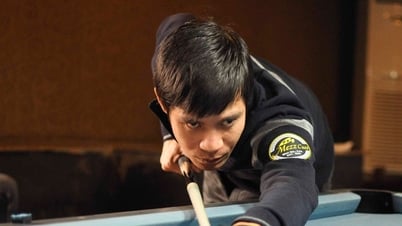














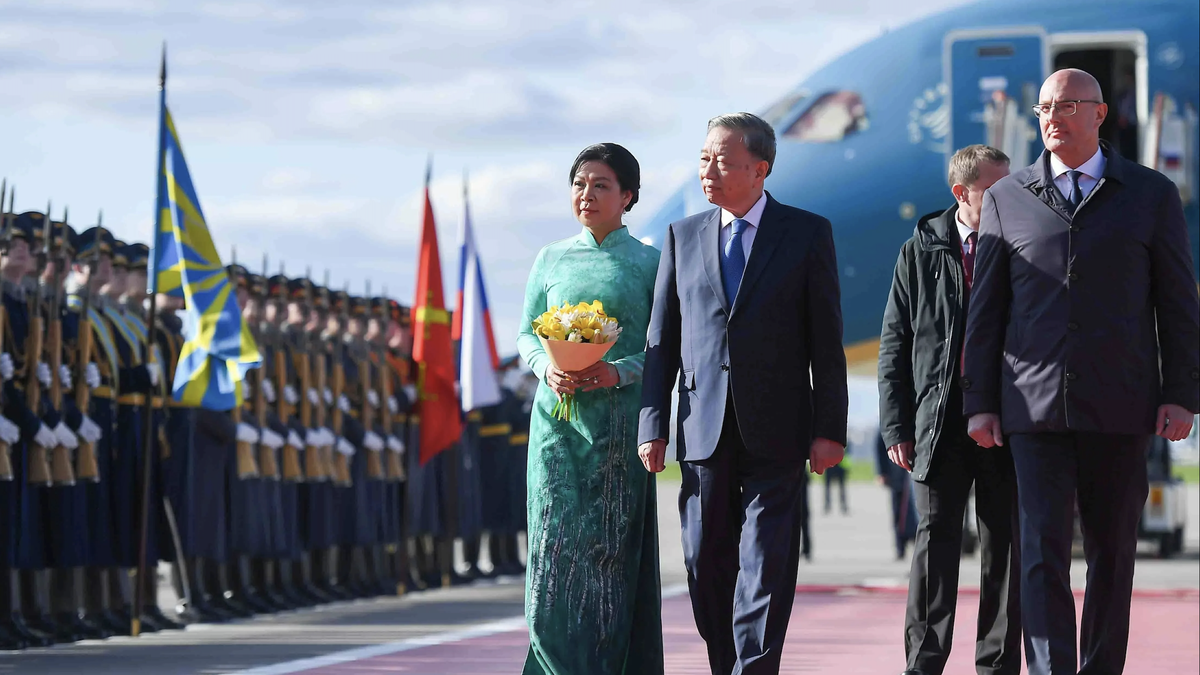











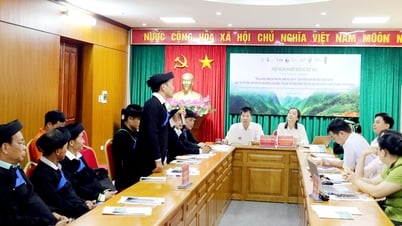




















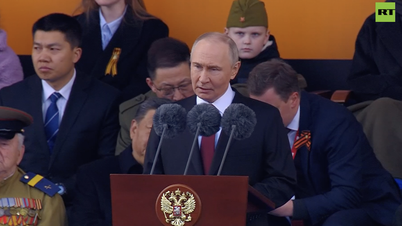



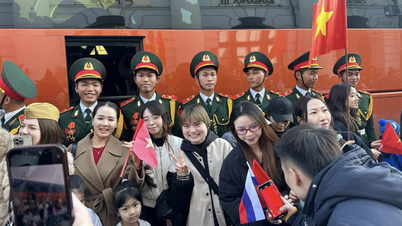







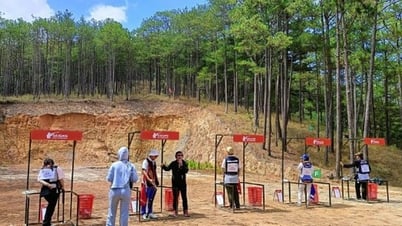


![[LIVE] MILITARY PARLAY TO CELEBRATE THE 80TH ANNIVERSARY OF VICTORY IN THE WORLD PATRIOTIC WAR](https://vphoto.vietnam.vn/thumb/402x226/vietnam/resource/IMAGE/2025/5/9/cc9a3d18f01946a78a1f1e7c35ed8b31)





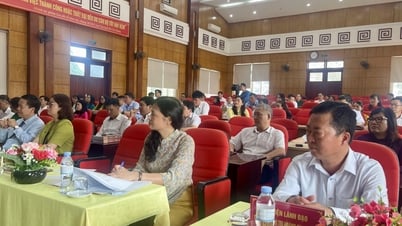












Comment (0)